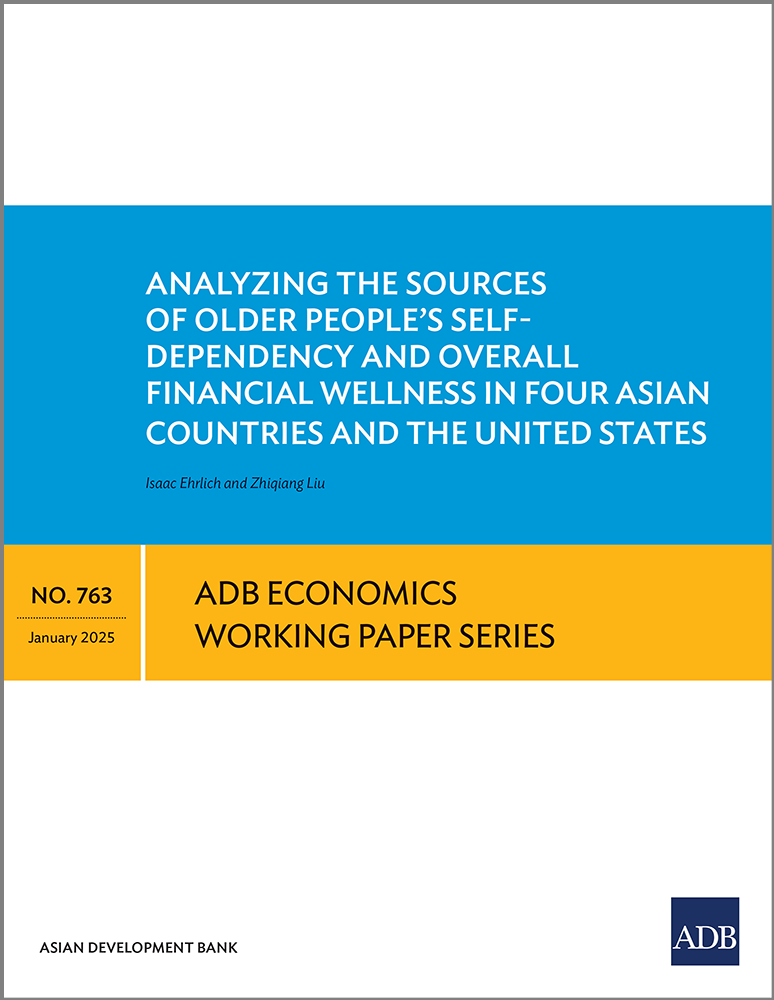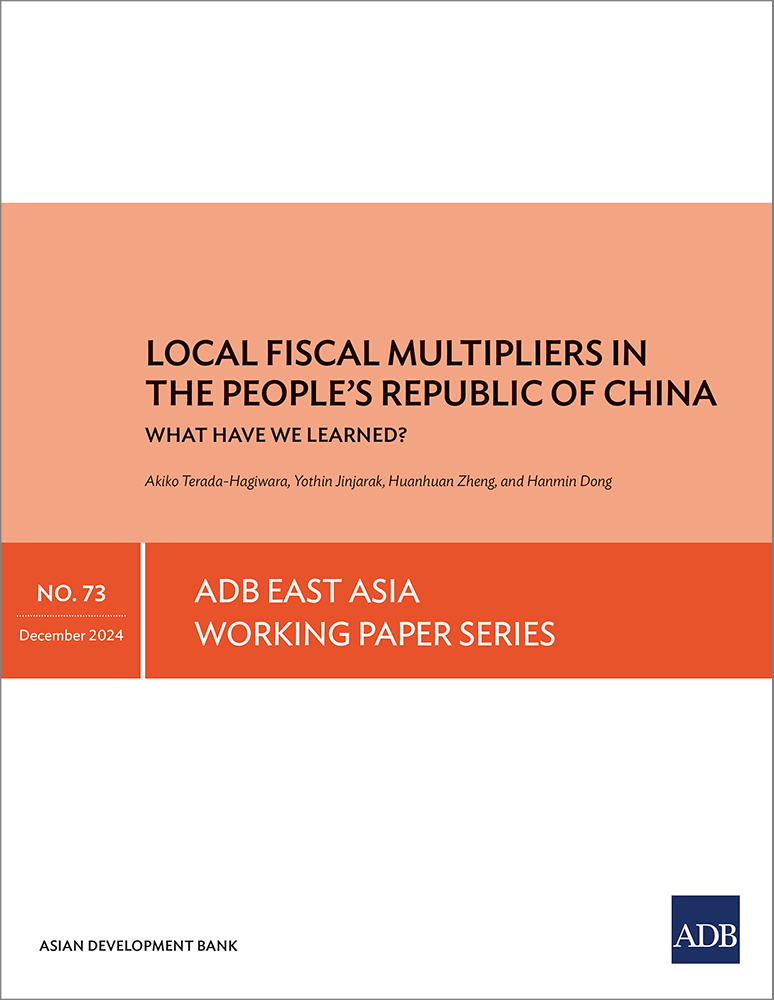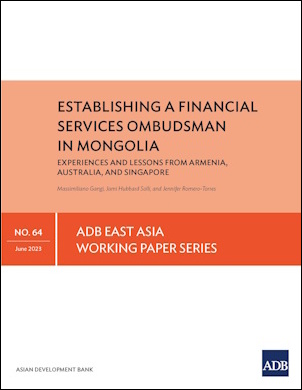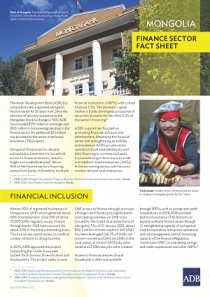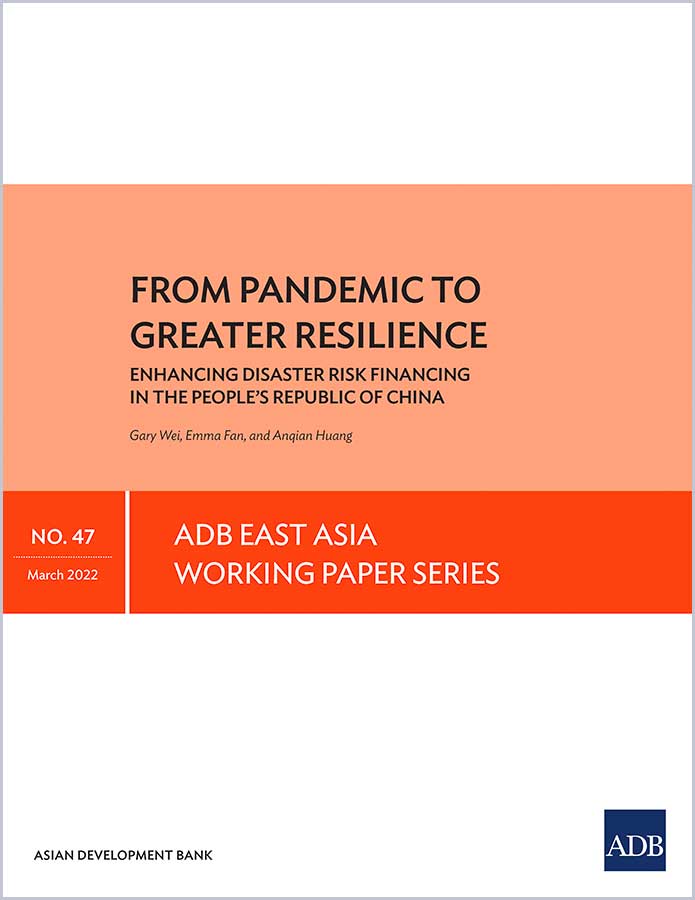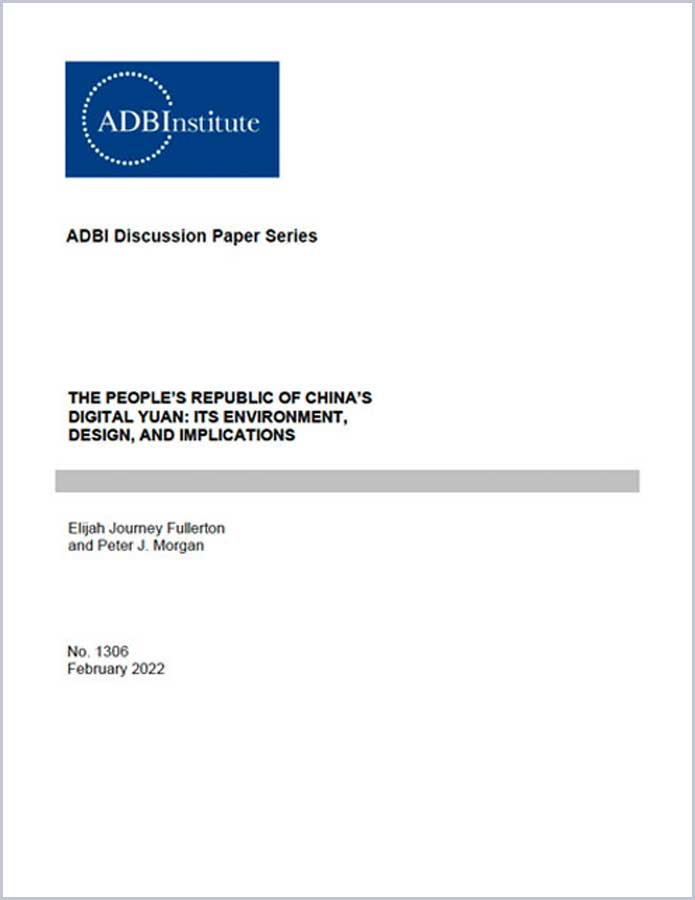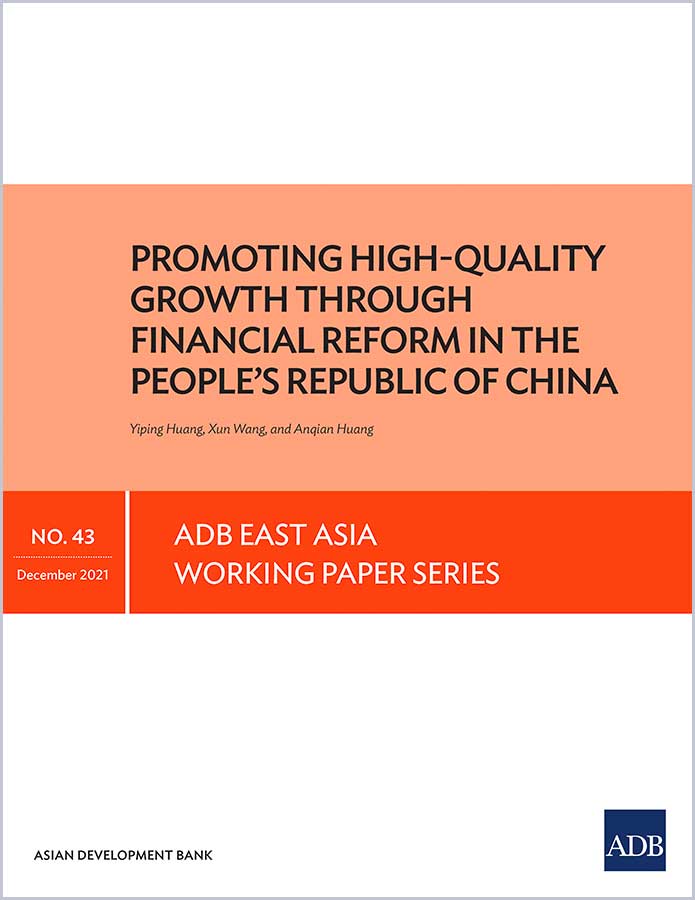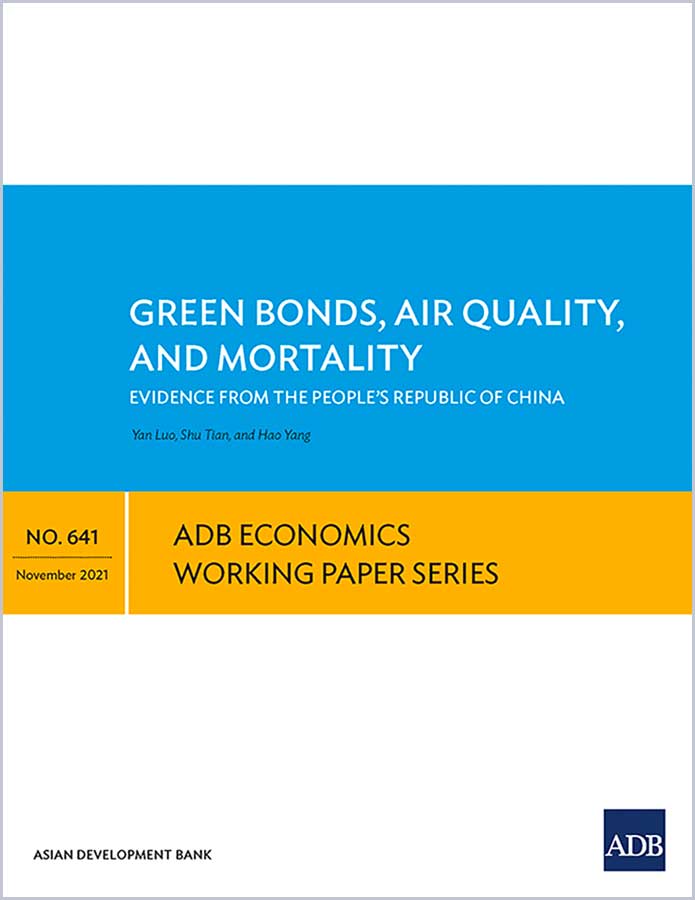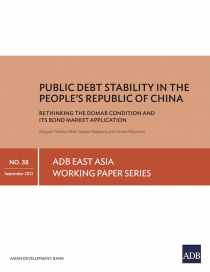Persistent, high levels of nonperforming loans could undermine bank lending and economic recovery in Asia’s developing countries.
The global economy is facing growing headwinds amid rising interest rates, heightened geopolitical tensions, and lingering pandemic effects. The economic slowdown and rising interest rates could lead to higher nonperforming loans as it becomes more challenging for borrowers to repay and service their debts. Persistent and high levels of nonperforming loans in turn could undermine bank lending and economic recovery.
Nonperforming loans held by banks in Asia totaled $794 billion at the end of 2021 (up from $766 billion in 2020 and $692 billion in 2019) according to official figures. During the pandemic, fiscal stimulus helped prevent corporate defaults, while easing regulations relieved pressure on banks to pursue repayment.
The phasing out of regulatory forbearance, global monetary tightening and challenging economic and financial conditions could pose a significant risk to banks’ asset quality, increasing nonperforming loans in the near future. To avoid rising nonperforming loan ratios, diminishing bank lending capacity and worsening economic performance, it is important to strengthen the way nonperforming loans are repaid or resolved.
Nonperforming loan resolution – the disposal of nonperforming loans from banks’ balance sheets – can be made more efficient through private nonperforming loan markets. At present, the level of nonperforming loan market development differs considerably across Asia.
For example, the Republic of Korea, Thailand, and the People’s Republic of China have active nonperforming loan markets, while differing in their characteristics, including the degree of international investor involvement. Many other countries in Asia and the Pacific are at an earlier stage of nonperforming loan market development, such as Viet Nam and Kazakhstan.
Impediments to nonperforming loan market development include a limited number of active investors, and scarce information around market prices and volumes. Furthermore, the institutional environment plays an important role, with poor legal framework legislation, weak collateral enforcement and insolvency proceedings adding to the market imperfections. As a result, there is often a considerable gap between the price an investor is willing to pay and the price a bank is willing to accept for a nonperforming loan.
E-transaction platforms for nonperforming loans can address some of these market impediments more efficiently. Such platforms would create an online marketplace, bringing together buyers and sellers in the digital space, and help information flows.
First, e-transaction platforms can reduce information asymmetry inherent in any financial transaction, as the seller would have more information on the value of an asset being sold than the buyer. This can be done by offering data review, validation, and also warehousing functions. Standardized nonperforming loan data templates can help in that regard, enhancing granularity, quality, transparency, and comparability of nonperforming loan-related information that are key to potential investors.
Second, e-transaction platforms can enhance efficiency of transactions and price discovery among market participants. As in any other online retail platform, market participants can be matched and exchange information online. This can lower transaction costs and operation efficiency. Anecdotal evidence suggests e-platform operators could offer much faster execution of transactions, with 55% to 90% time saved, compared to conventional offline processes.
Small investors could also find it easier to join this marketplace, helping broaden the investor base. Pricing mechanisms can also be facilitated through e-platforms, improving pricing efficiency. For example, e-platforms can facilitate a competitive online bidding process (much like eBay auctions) upon review of the specific asset information submitted by the sellers and the necessary due diligence.
Third, e-transaction platforms can attract foreign investors. There are also some e-trading platforms in the European Union that facilitate both domestic and cross-border trades of nonperforming loans. Currently, however, existing nonperforming loan markets in Asia tend to be dominated by domestic players. While this is also due to legal impediments, such as restrictions of foreign ownership, foreign investors could be attracted to this platform for greater transparency and lower cost. Especially for smaller markets and countries, a platform facilitating overseas investment could vitalize their nonperforming loan markets.
